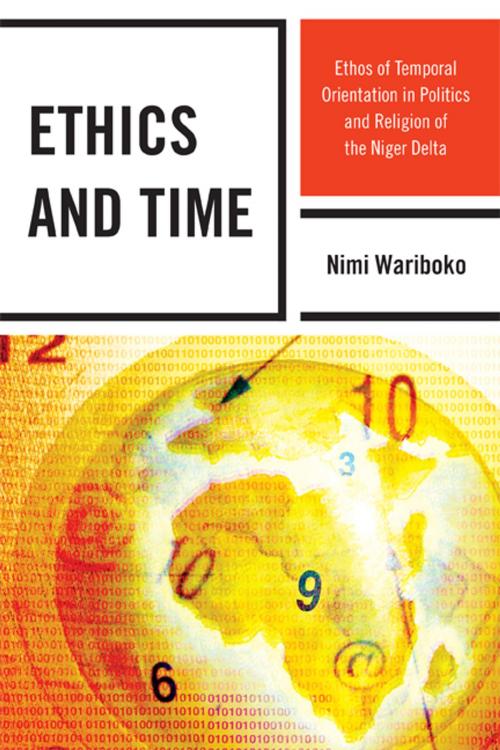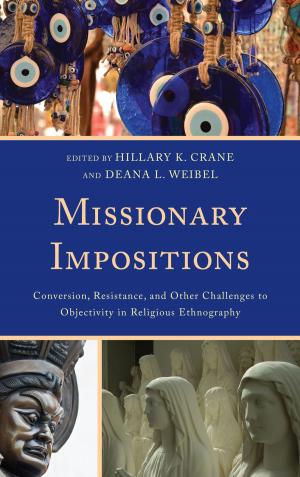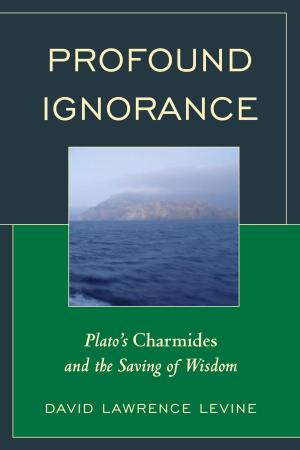Ethics and Time
Ethos of Temporal Orientation in Politics and Religion of the Niger Delta
Nonfiction, Religion & Spirituality, Philosophy, Metaphysics, Ethics & Moral Philosophy| Author: | Nimi Wariboko, PhD | ISBN: | 9780739150306 |
| Publisher: | Lexington Books | Publication: | October 14, 2010 |
| Imprint: | Lexington Books | Language: | English |
| Author: | Nimi Wariboko, PhD |
| ISBN: | 9780739150306 |
| Publisher: | Lexington Books |
| Publication: | October 14, 2010 |
| Imprint: | Lexington Books |
| Language: | English |
Ethics and Time attempts to locate ethical thinking within the response to the questions raised by temporal orientation. Time is the matrix and Moloch of social life and, for the purpose of this book, the starting point for ethical reflection. Nimi Wariboko boldly attempts to reconceptualize temporal orientation and begin a new discussion of time and ethics, using the creative synthesis of ethology, political philosophy, sociological, and intercultural perspectives. Most academic discourse contextualizes temporal orientation in terms of either Otimes of originO and time preference. Wariboko identifies a third option, developing the theory and methodology that render it an object of ethical analysis and liberatory thought. He suggests that temporal orientation is the production of new temporalities that allow humans to manifest their potentialities and creatively resist obstacles that impede their thriving. Wariboko liberates the notion and habit of temporal orientation from excessive concern with conservatism and utilitarianism, showing how ethicists can use the theory of temporal orientation to question all present temporal conditions in the name of freedom.
Ethics and Time attempts to locate ethical thinking within the response to the questions raised by temporal orientation. Time is the matrix and Moloch of social life and, for the purpose of this book, the starting point for ethical reflection. Nimi Wariboko boldly attempts to reconceptualize temporal orientation and begin a new discussion of time and ethics, using the creative synthesis of ethology, political philosophy, sociological, and intercultural perspectives. Most academic discourse contextualizes temporal orientation in terms of either Otimes of originO and time preference. Wariboko identifies a third option, developing the theory and methodology that render it an object of ethical analysis and liberatory thought. He suggests that temporal orientation is the production of new temporalities that allow humans to manifest their potentialities and creatively resist obstacles that impede their thriving. Wariboko liberates the notion and habit of temporal orientation from excessive concern with conservatism and utilitarianism, showing how ethicists can use the theory of temporal orientation to question all present temporal conditions in the name of freedom.















